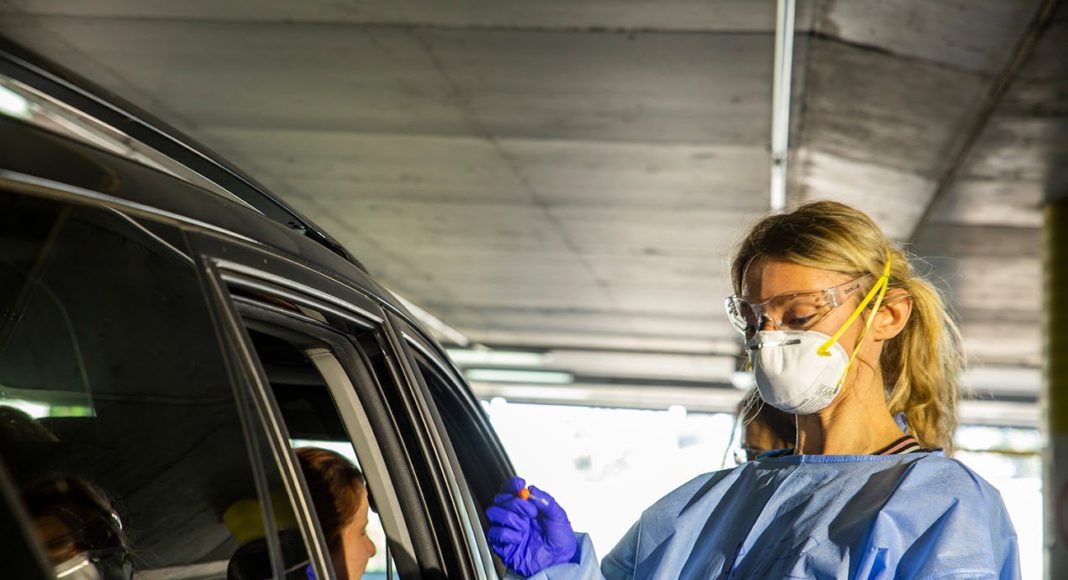Recently, on the advice of WHO’s Technical Advisory Group on Virus Evolution (TAG-VE), WHO designated the variant B.1.1.529 a variant of concern, named Omicron.
It is not yet clear whether Omicron is more transmissible compared to other variants, including Delta.
Researchers in South Africa and around the world are conducting studies to better understand many aspects of Omicron.
According to the WHO, it is also not yet clear whether infection with Omicron causes more severe disease compared to infections with other variants, including Delta.
WHO is working with technical partners to understand the potential impact of this variant on our existing countermeasures, including vaccines.
As Omicron has been designated a Variant of Concern, there are several actions WHO recommends countries to undertake:
- enhancing surveillance and sequencing of cases;
- sharing genome sequences on publicly available databases, such as GISAID;
- reporting initial cases or clusters to WHO; and
- performing field investigations and laboratory assessments to better understand if Omicron has different transmission or disease characteristics, or impacts effectiveness of vaccines, therapeutics, diagnostics or public health and social measures.
For the common people, WHO recommends that the most effective steps individuals can take to reduce the spread of the COVID-19 virus is:
- to keep a physical distance of at least 1 metre from others;
- wear a well-fitting mask;
- open windows to improve ventilation;
- avoid poorly ventilated or crowded spaces;
- keep hands clean;
- cough or sneeze into a bent elbow or tissue; and
- get vaccinated when it’s their turn.
WHO reports that its preliminary data suggests that there are increasing rates of hospitalization in South Africa, but this may be due to increasing overall numbers of people becoming infected, rather than a result of specific infection with Omicron.
Countries, such as Australia and India, are continuing to implement the effective public health measures to reduce COVID-19 circulation overall.




